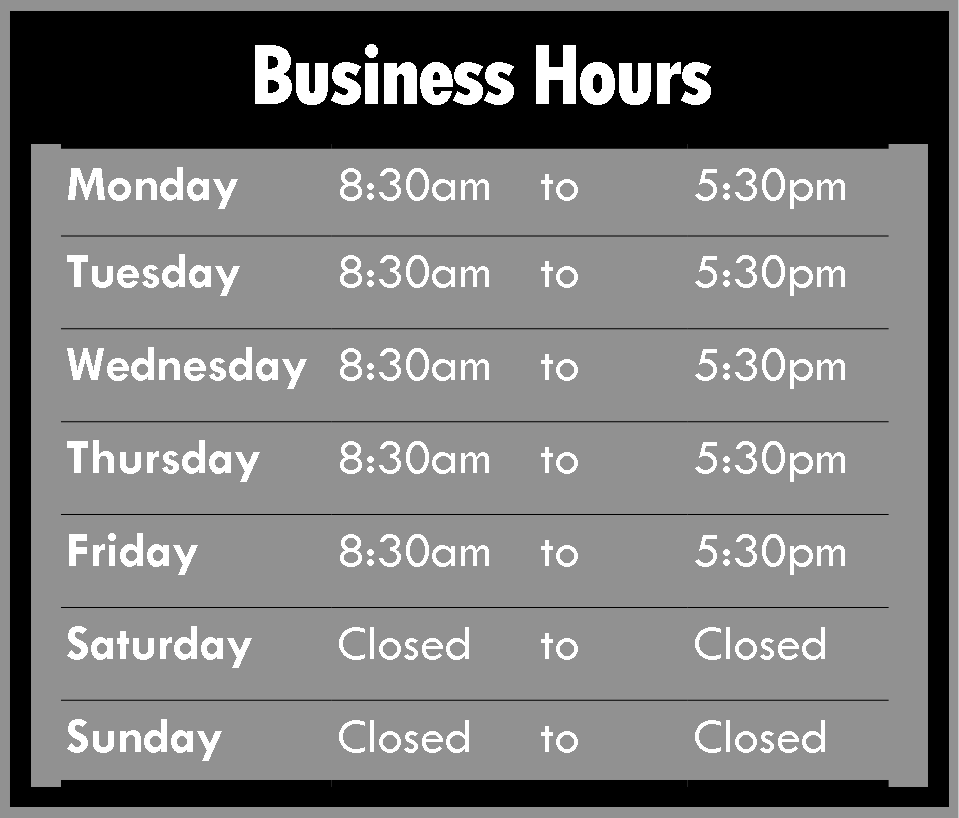How does your garden grow?
Garden-Variety Organic
With growing concerns about the quality of the nation’s food supply, genetically modified foods, and hidden ingredients in processed foods, take advantage of the budding spring weather and try your hand at growing your own dinner.Whether you live in a small condo, with a balcony and rooftop as your only outdoor exposure, or have plenty of land with rich, fertile soil, you can have a fresh organic garden while enjoying the good exercise, clean air, time in the sunlight, and stress-relief that growing a garden provides.
Where Does Your Garden Grow?
Indoor Garden
For an indoor garden, consider smaller foods that do well in containers: Fresh herbs, sprouts, peppers and tomatoes would likely make nice choices. A window or balcony with direct sunlight would provide great locations for such a garden. If your sunlight is limited, consider purchasing a grow-light to feed your seedlings. For quick and successful growth, you can choose a container garden with a build-in grow-light or with terrariums. For a less costly option, select a nice container that fits your counter or windowsill. Review the back of the seed packet or the label with your plant to see how many inches you need between plants and how deep into the soil your roots/seed should go. (Allow the same space below the root or seed and above, giving the plant room to root and grow. For more tips on container gardening, including lists of recommended plants, visit www.containergardeningtips.com
Outdoor Garden
Planting directly in the earth allows you to grow larger vegetables for your plot. Sweet potatoes, asparagus, squash and gourds, carrots and cucumbers all come to mind. Depending on your climate, consider also planting fruit trees or bushes. When selecting your garden plants, be sure to consider which plants will do well in your hardiness zone (see www.growit.com/ZONES/). Plant labels will usually indicate which zone(s) they are best suited to. Consult your County Extension Office for more information about varieties that thrive in your locale (see www.csrees.usda.gov/Extension/.)
If your local soil is dry and clay-like, you may be better off considering an indoor garden, or building raised beds where you can have topsoil trucked in to build a garden above the poor land. Raised beds are also easier on the back and knees while tending to the garden.
Go Organic
To reduce your exposure to the toxins often used in pesticides and standard gardening practices, choose organically raised plants or seeds. Your county extension office or vendors at your local farmers’ market can direct you to growers in your area. For a wide selection of organic and rare seeds, consult Seeds of Change (www.seedsofchange.com), Seeds Trust (www.seedstrust.com), and Seed Savers Exchange (www.seedsavers.org/).
In addition to choosing organic plants or seeds, use natural weed and pest management options:
* Mulch around your plants to block the sunlight from reaching weeds that like to grow among the plants.
* Plant insect-repelling plants such as marigolds, parsley and mint throughout your garden.
* Choose native varieties which often have a natural resistance to pests.
* Investigate natural pest control methods—release snails and ladybugs which feed on many of the pests that can prey on your garden.
* Practice intercropping or companion planting—plant several types of plants in the same area to prevent pests from spreading and reduce sunlight reaching weeds, as well as nourish the soil. For example, you might intermingle vegetables, herbs and flowers all in the same garden bed to prevent pests that might pray on vegetables. If there is only one vegetable plant with an herb and a flower to the sides of it, the pests won’t want to move to the next plant, limiting the spread throughout your garden.
For more tips on organic gardening, visit www.beyondpesticides.org/how-to/index.htm, www.organicgardentips.com or www.organicgardening.com
Let Someone Else Do the Work
If growing your own garden isn’t your idea of a good time, you can still enjoy local, organic produce and support a clean environment by purchasing your produce from your local farmers’ market.



